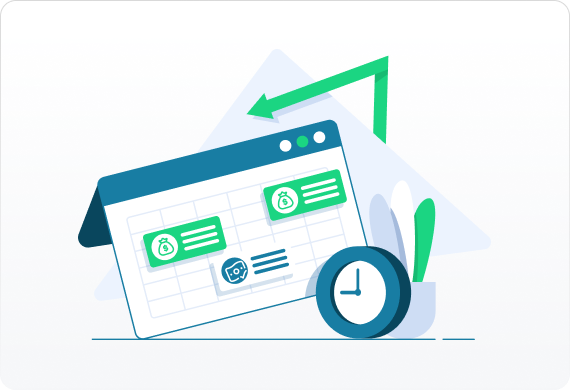Do you own a gutter company? Have you been thinking of starting one? American homeowners have been investing in their homes like never before – spending on home improvements and repairs increased 3% during the pandemic to $420 billion.Gutter companies are a smaller piece of this pie, and yet still have opportunities to grow and expand. The U.S. gutters and downspouts industry is forecast to expand an average of 2.0% annually to $5.4 billion in 2025, with residential growing more than commercial.The global market for rainwater gutters has seen a compound annual growth rate of 2.5% as eco-conscious consumers and people who live in areas with low annual rainfall seek to harvest rainwater. Adding this option to your business could expand your target market and opportunities.
Alternatively, gutter protection and gutter guards have exploded in demand – as much as 5.8% yearly – and yet in some states with 300 gutter contractors, less than 10 offered this service. Investing in, learning about, and offering gutter protection to your clients could greatly increase your business’ revenues.If it’s time to grow, or if you just need access to capital to maintain operations, borrowing can support your business.







